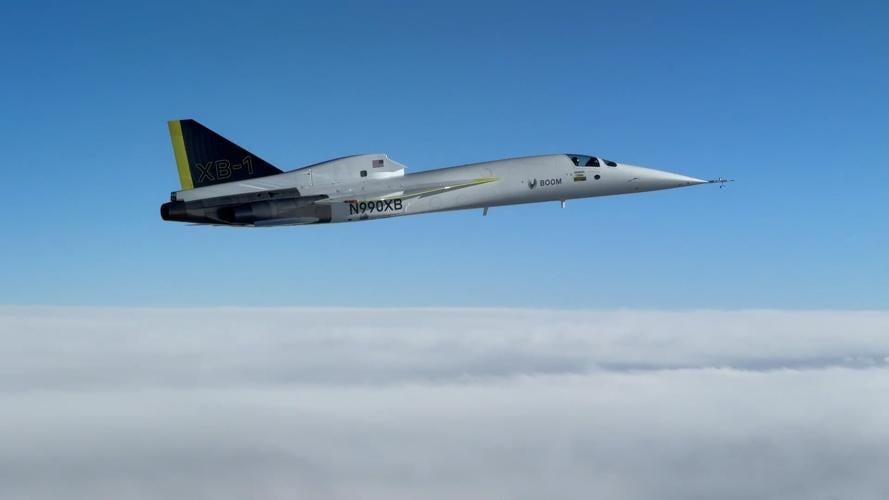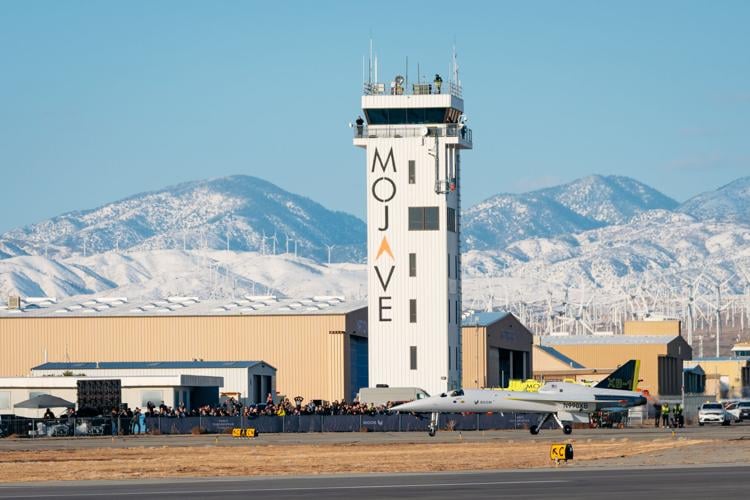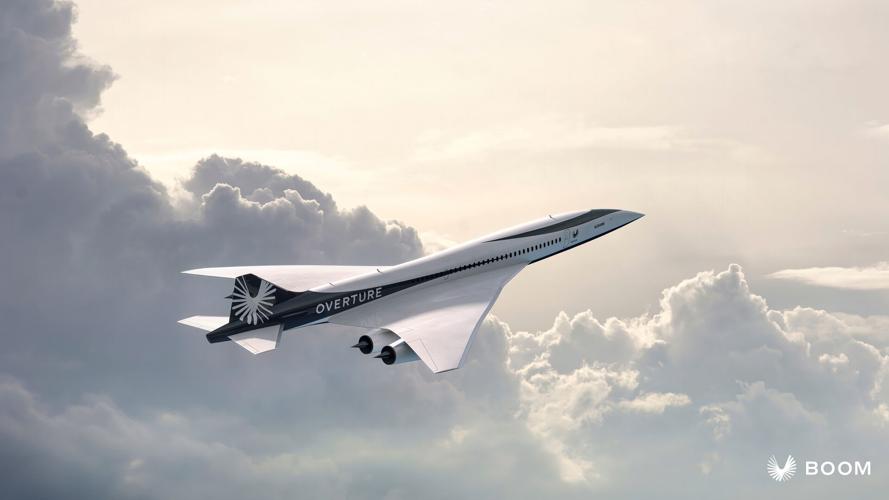Supersonic air travel could make a comeback thanks to this Denver company’s milestone flight
Boom Technology, a Denver-based company building a next generation supersonic airliner, broke the sound barrier over the California desert Tuesday.
The aircraft, officially known as the XB-1 and called “Baby Boom,” will be the first civil supersonic jet made in the United States, and the first supersonic airliner since Concorde.
The United States has dabbled in supersonic airliners in the past, notably Boeing’s 2707 design. The former Soviet Union operated the Tupelov Tu-144, which was similar to the Concorde and flew before it.
The Baby Boom is a technology demonstrator, designed to showcase Boom Supersonic’s ability to scale and adapt technology to a larger platform called Overture. Overture is planned to be a supersonic transport available to airliners and has already racked up 130 preorders from United Airlines, American Airlines and Japan Air, according to the company.
“XB-1’s supersonic flight demonstrates that the technology for passenger supersonic flight has arrived,” said Boom Supersonic founder and CEO Blake Scholl in the news release. “A small band of talented and dedicated engineers has accomplished what previously took governments and billions of dollars.”
The Concorde, a joint effort between the British and French governments, wound up costing about $2.8 billion to develop. Each Concorde aircraft cost roughly $225 million, when adjusted for inflation. Each Overture aircraft is expected to cost $200 million, according to the Associated Press, and the total program is expected to cost between $6 and $8 billion.
Supersonic aircraft are typically reserved for military use, are smaller, lighter and more nimble than an airliner. The XB-1’s supersonic flight marks the “first time an independently developed jet has broken the sound barrier,” the company said in a news release.
“Next, we are scaling up the technology on XB-1 for the Overture supersonic airliner,” Scholl said. “Our ultimate goal is to bring the benefits of supersonic flight to everyone.”
When adjusted for inflation, a ticket on the Concorde cost about $10,000. Boom is targeting a ticket price of $5,000 — what they say is a typical business class ticket cost on today’s airliners.
But challenges remain. The Federal Aviation Administration banned supersonic flight over the United States due to fallout from the Oklahoma City sonic boom tests in the 1960s.
Currently, NASA is testing an aircraft designed for quiet sonic booms, though it is unclear whether that technology will impact Boom Supersonic’s aircraft development.







